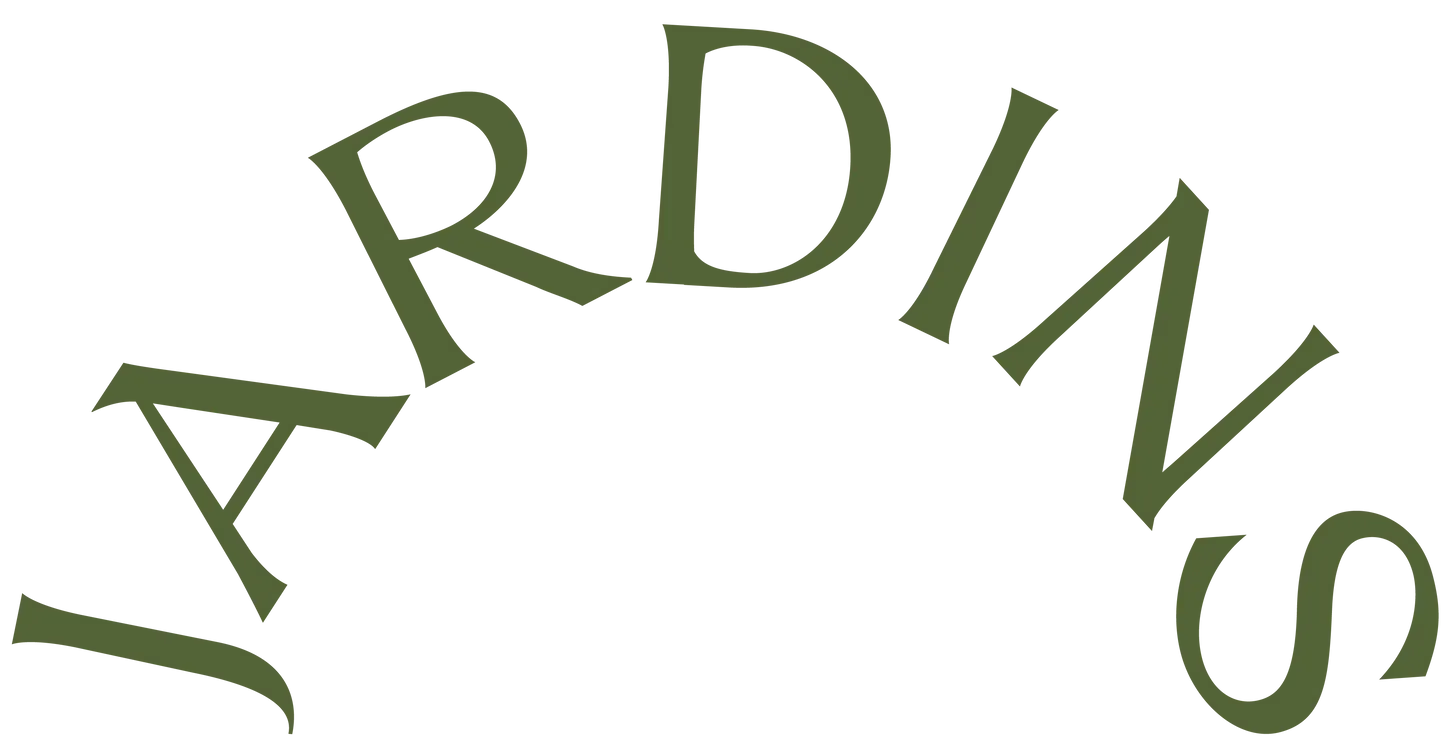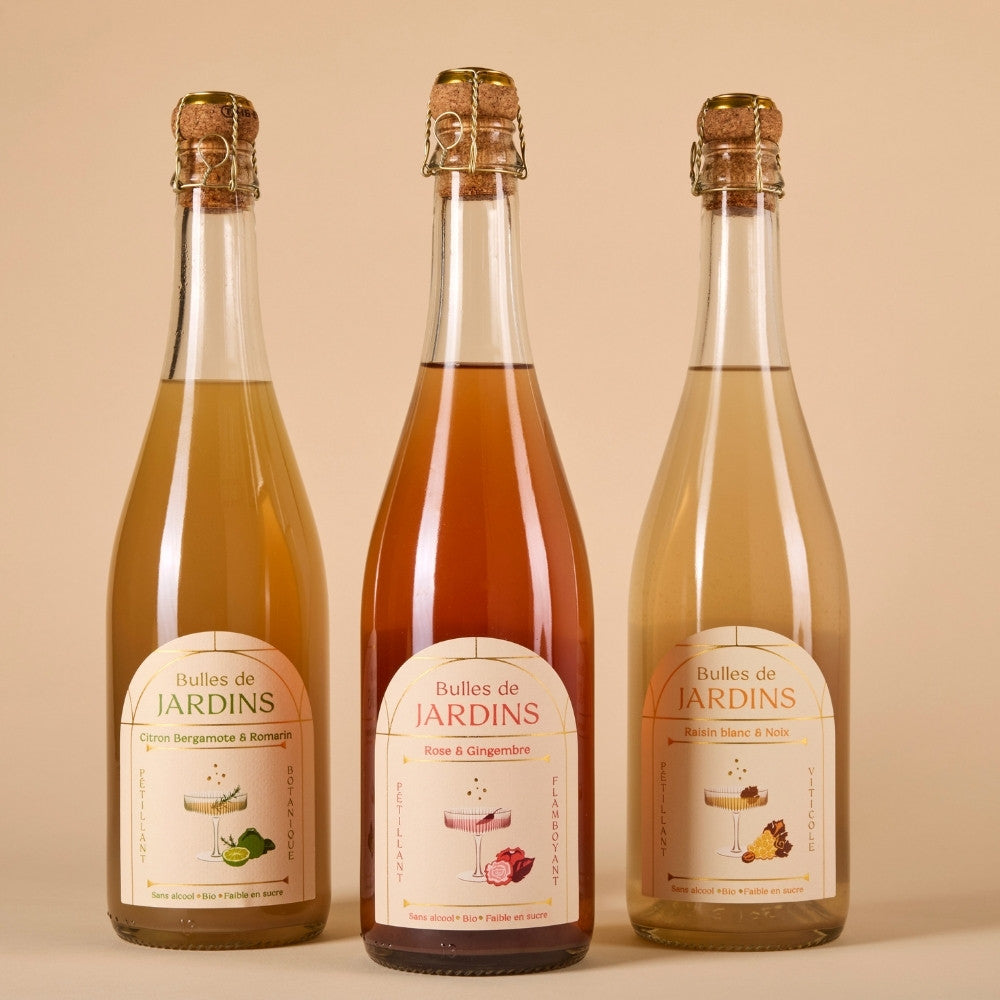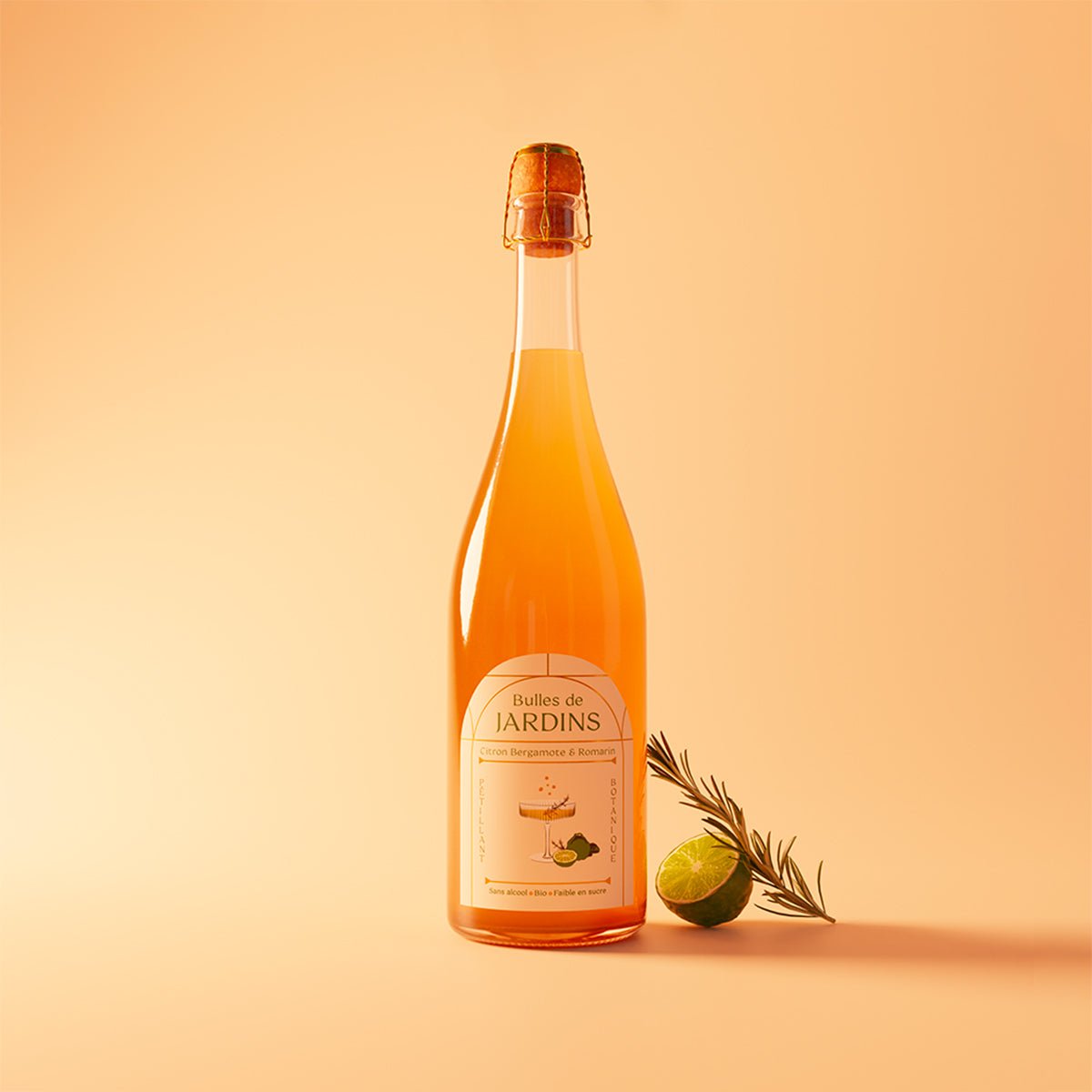
Alcohol-free champagne: the art of celebrating, without alcohol
With the rise of alcohol-free alternatives, it's becoming easier and easier to toast elegantly while still respecting your sober choices. Among the most appealing options, alcohol-free sparkling wines and alcohol-free champagne are natural choices. Whether you're cutting back, avoiding alcohol altogether, or simply curious, this sparkling beverage has it all.
A modern touch for a deep-rooted tradition
Although alcohol-free champagne is a recent invention, it draws on a strong heritage: that of a noble product, a history of terroir and techniques, but also that of celebration and refinement. Faced with evolving lifestyles, winemakers and beverage creators have imagined alcohol-free versions capable of retaining finesse and complexity... without the intoxication.
Some people choose to try to reproduce the taste of champagne identically, with varying degrees of success, thanks to increasingly sophisticated dealcoholization techniques.
How is alcohol-free champagne made?
The production of alcohol-free champagne is carried out in several key stages:
- Classic fermentation : As with a traditional wine, the wine is allowed to develop fully in order to obtain rich and complex aromas.
- Alcohol removal : The alcohol is then gently removed (vacuum distillation, filtration, reverse osmosis), to try to preserve as much of the taste as possible.
- Final balance : To restore roundness and intensity, you can add natural extracts or fruity notes in the right doses.
The challenge? Maintain the elegance and richness of the base wine while offering a 100% alcohol-free experience, without compromise. Note that it is not yet legally possible to call these drinks 'alcohol-free champagne,' as the term champagne is a protected designation of origin.
A trend that is slowly but surely gaining ground
The success of alcohol-free champagne is part of a new way of consuming: more conscious, more moderate. Younger generations—millennials and Gen Z in particular—are favoring these drinks for their healthy, festive, and inclusive nature.
Today, life's highlights don't necessarily involve alcohol. Weddings, holiday meals, gourmet dinners... alcohol-free bubbles are everywhere, and "sober bars" are gaining ground in major cities.
Garden Bubbles: gastronomic bubbles to toast without compromise
At Jardins , we don't try to copy champagne, but to offer a new and inspiring experience. Our creations are sparkling, alcohol-free drinks designed like true gourmet recipes.
Rather than imitating, we innovate with bold combinations of fruits, plants and flowers, to create subtle and elegant flavors:
- Bergamot & rosemary : an aromatic freshness ideal with light or Mediterranean dishes.
- Rose & Ginger : floral and spicy, perfect with a chocolate dessert or fine fish.
- White grapes & walnuts : round and delicious, enhances cheeses or comforting autumn dishes.
Each bottle is an invitation to celebrate differently, with the same refinement... but without the alcohol.
FAQ about non-alcoholic champagne
- Does alcohol-free champagne contain sugar?
It depends on the brand and the recipe: some brands that want to get closer to alcohol-free champagne add sugar to compensate for the loss of flavors linked to dealcoholization, while others rely instead on fruit or plant extracts to achieve a balanced taste. At Jardins, our alcohol-free bubbles are designed with real attention to balance: low sugar content (<2.5%) and no refined sugars (low GI).
- Is alcohol-free champagne halal?
Alcohol content can vary; some drinks that claim 0% actually have a content of less than 1.2%. To be sure there are no traces of alcohol, you should opt for products with 0.0% alcohol. This is the case with Bulles de Jardins sparkling wines. That said, it all depends on the manufacturing processes and the ingredients used. If this is an important criterion for you, it's best to check the label or look for halal certification.
- Can we really call it “champagne”?
Technically, no. The term “champagne” is a highly regulated protected designation of origin that designates sparkling wines produced in the Champagne region, according to precise specifications… which include the presence of alcohol. That's why you won't see the word “champagne” appear on the labels of the products concerned. Instead, we refer to them as “alcohol-free sparkling wine” or “alcohol-free sparkling wine.” At Jardins, we choose originality: our gastronomic bubbles don't seek to copy, but to reinvent the champagne tasting experience.






